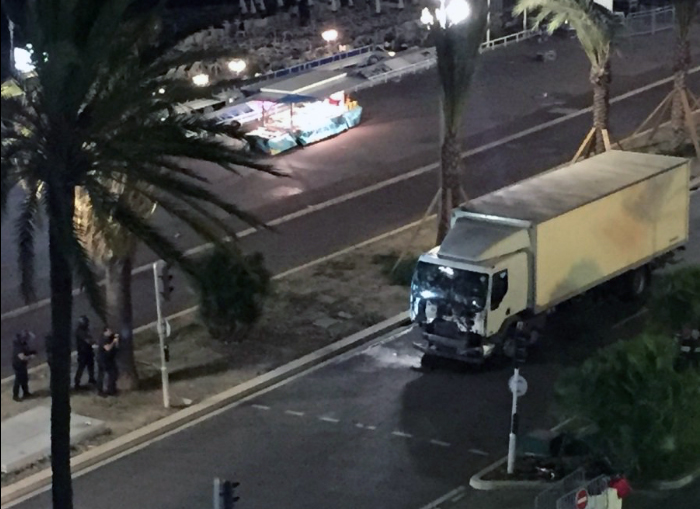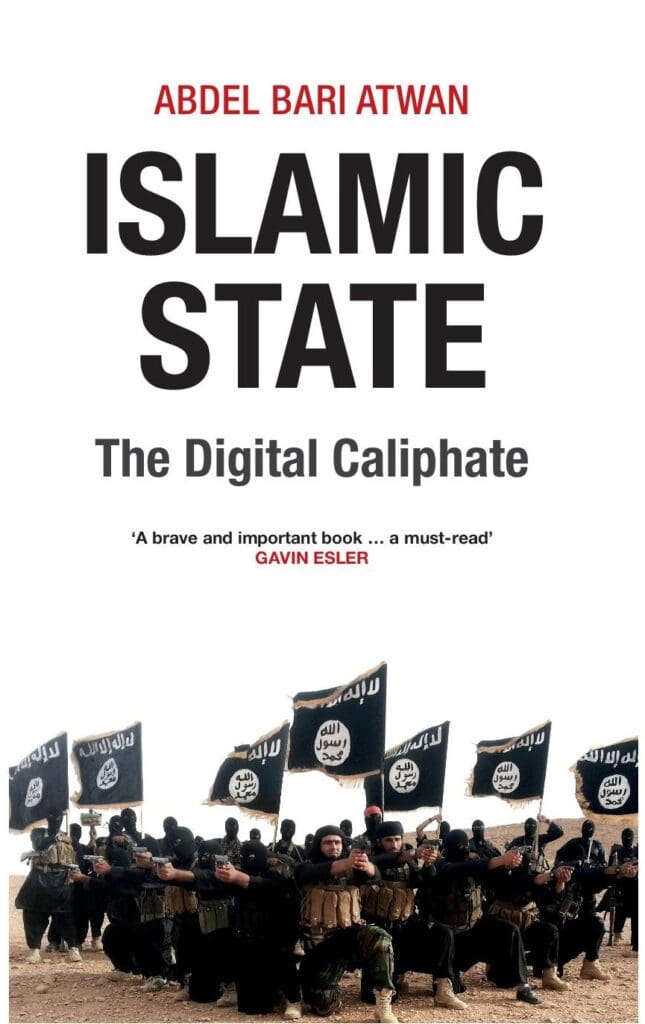Terrorism
Blog
Online Responses to Terrorist Attacks: A #niceattack Case Study – Part 1: The First 20 Minutes
October 19, 2016This blog post and a follow-up next week analyse Twitter activity following the terrorist attack that took place in Nice, France on 14 July, 2016 and associated real-world events during the ensuing week. It is part of a larger project exploring hashtag activism in CVE. This first posts traces the online reaction to developments during ...
Blog
Computational Social Science: Understanding Terrorist Attacks on Twitter
September 7, 2016By Erin C. McGrath and Cody Buntain Reported terrorist attacks increased dramatically over the last decade or so, from just under 3,000 per year in 2001 to nearly 17,000 in 2014, amplifying the number of people subjected to the effects of terrorist attacks nearly six-fold over the last decade. At the same time, the introduction, popularity, ...
Blog
How Technology Could Help Predict Terrorist Attacks
July 13, 2016by Sheryl Prentice The internet has become a weapon for terrorists, who use social media and other technologies to organise, recruit and spread propaganda. So is it possible to turn technology around and use it to not only catch terrorists but predict and potentially stop terror attacks before they happen? One thing we can do ...
Blog
Countering Lone Wolf Terrorism: Weak Signals and Online Activities
May 11, 2016By Lisa Kaati and Fredrik Johansson Lone wolf terrorists can come in a variety of shapes and backgrounds and they are in general very hard to detect before they attack. As argued by previous research, there are no clear profiles for lone wolf terrorists since they have a large variation in factors such as social status, ...
Blog
Book Review: Islamic State – The Digital Caliphate by Abdel Bari Atwan
April 20, 2016By Daniel Falkiner Islamic State: The Digital Caliphate provides detailed answers to a number of pressing questions: What exactly is ISIS? Where did it come from? Who is behind it? How does it function? What are the reasons for its success? Daniel Falkiner welcomes the rich description and analysis and finds Abdel Bari Atwan does an admirable job of explaining the ways Islamic ...
Blog
How ISIS’s Language Changed Over Time: More Concern with Females and More “Net-speak”
April 13, 2016By Matteo Vergani We (myself and Ana-Maria Bliuc) just published a brief research-paper in the Italian magazine “Security, Terrorism and Society“. We used the computerized text analysis program LIWC (Linguistic Inquiry and Word Count) to investigate the evolution of the language across the first 11 Issues of Dabiq. Our paper shows ISIS’ increasing concern with ...
News
VOX-Pol participates in ISA Annual Convention 2016 in Atlanta
March 25, 2016Researchers from VOX-Pol Coordinator institution Dublin City University made a series of contributions at the International Studies Association (ISA) Annual Convention in Atlanta, Georgia, USA, which took place from 16 – 19 March 2016. ISA (established in 1959) is the world’s largest academic organisation dedicated to the study of international affairs. Its annual convention attracts 5,000+ participants ...
Blog
Does the Media Say Too Much When Reporting on Terrorism?
March 16, 2016By Javier Delgado Rivera News coverage of investigations into terrorist attacks raise concerns about whether the media goes too far in reporting police findings that may be of some help to bloodthirsty fundamentalists. Before committing their heinous acts, terrorist-minded individuals will be sure to wipe out all the information on their cell phones after learning ...
News
VOX-Pol Contributes to International Roundtable Discussion on Countering Terrorism in Kazakhstan
March 1, 2016Factors underlying violent extremism and radicalisation that lead to terrorism and ways to effectively address this threat in Central Asia and beyond were the focus of an international roundtable discussion organized by the OSCE Programme Office in Astana in co-operation with the Centre for Military Strategic Research under the Ministry of Defence in Astana yesterday, ...
Blog
The Terror You Know, the Terror You Don’t – How Extremism Has Gone Digital Since 7/7
September 16, 2015by Alex Krasodomski-Jones A decade after 7/7, the War on Terror rumbles on. Ten years ago, it was Osama bin Laden and Saddam Hussein: a battle against dictators and super-terrorists responsible for thousands of deaths in the West and at home. Today it is IS, though the shaky narrative of good versus evil is looking ever-more ...









